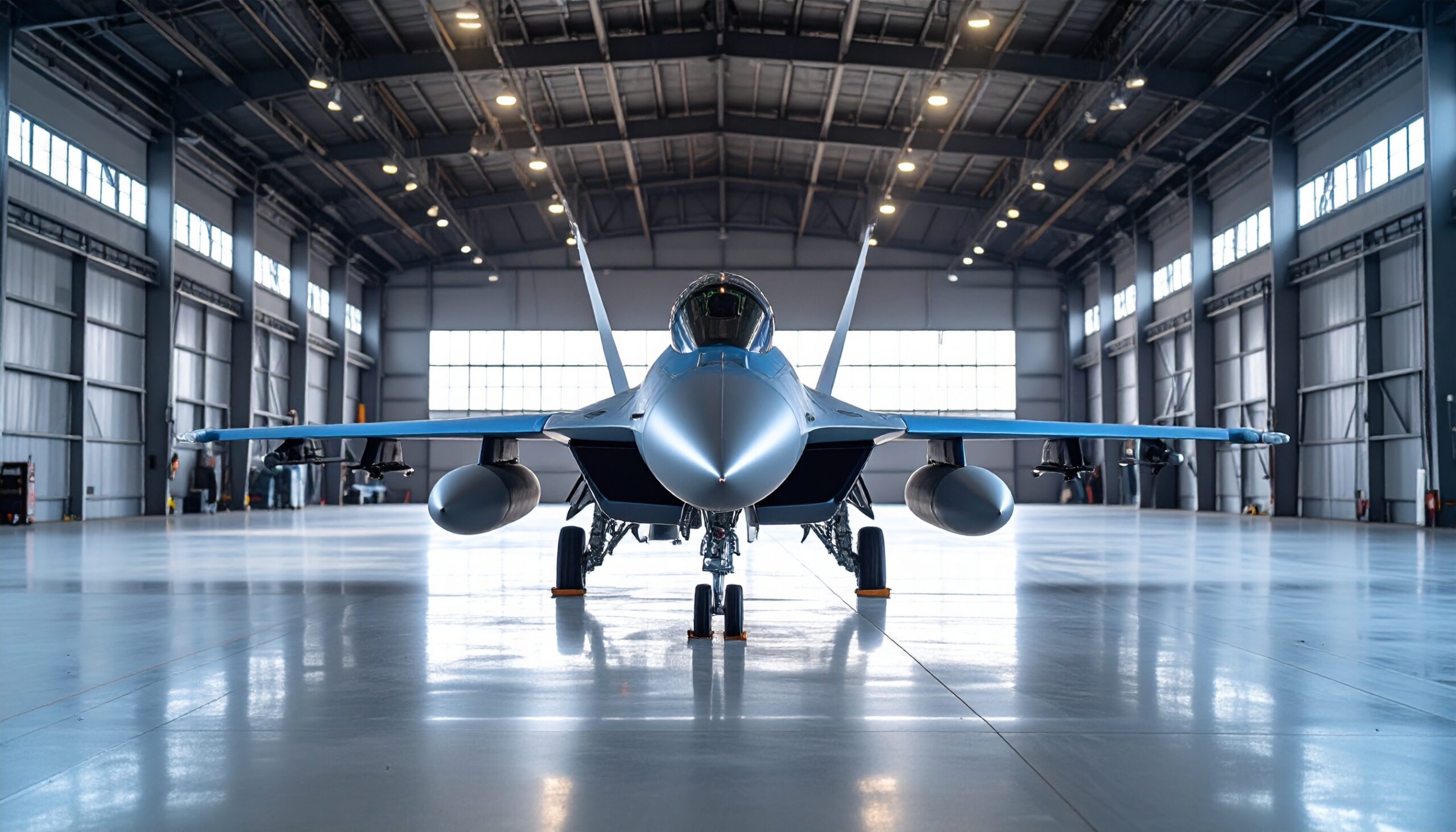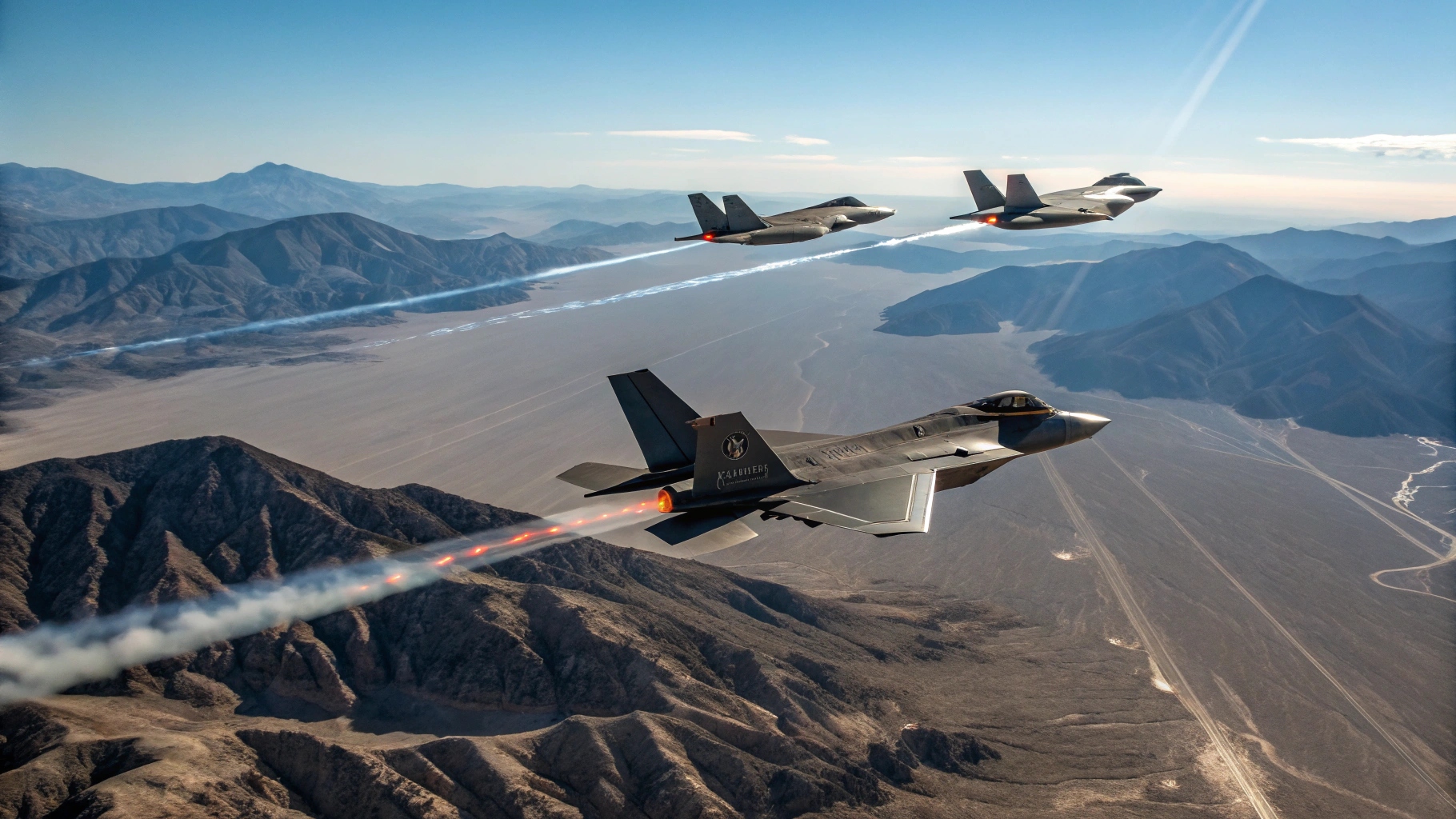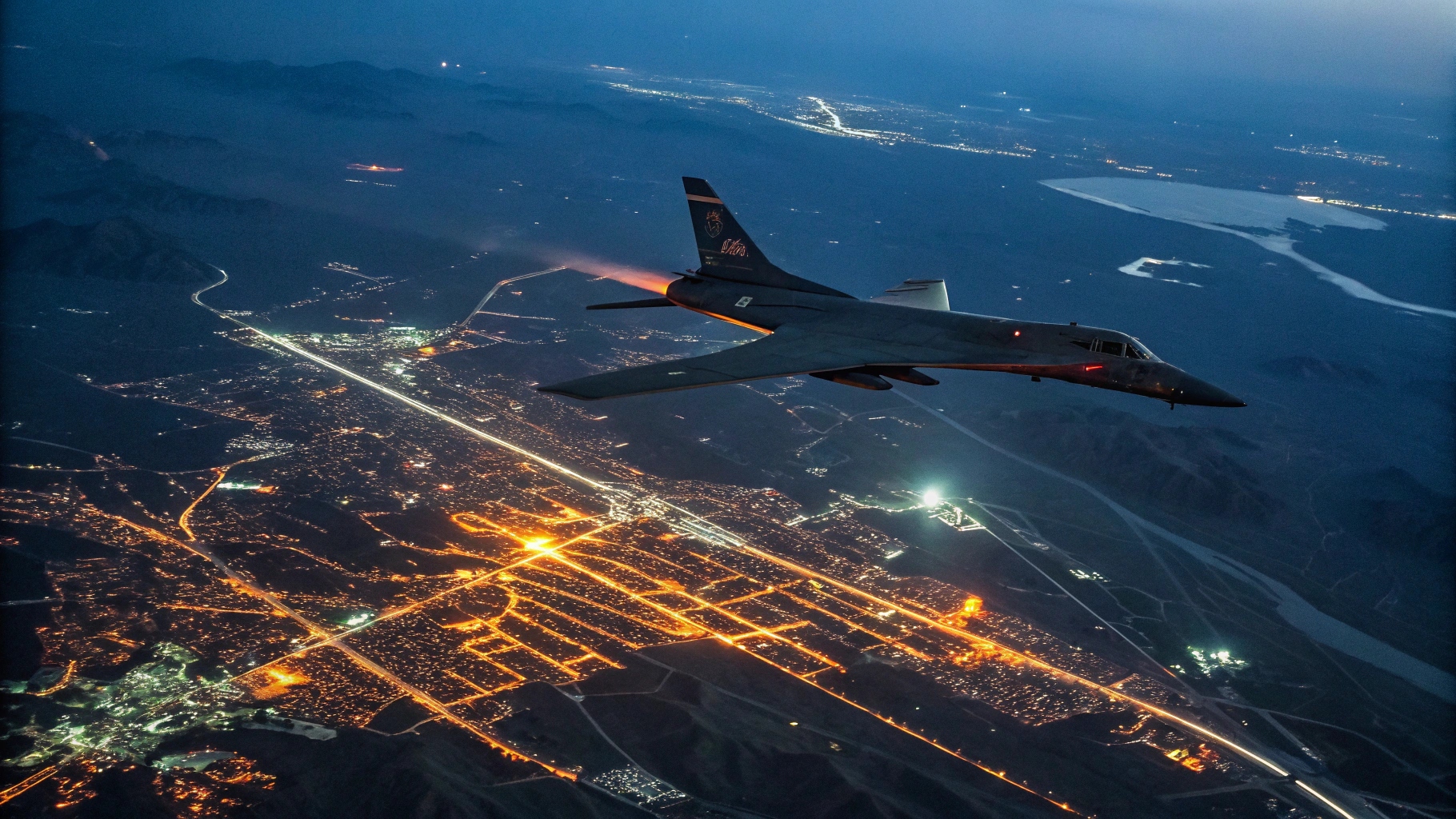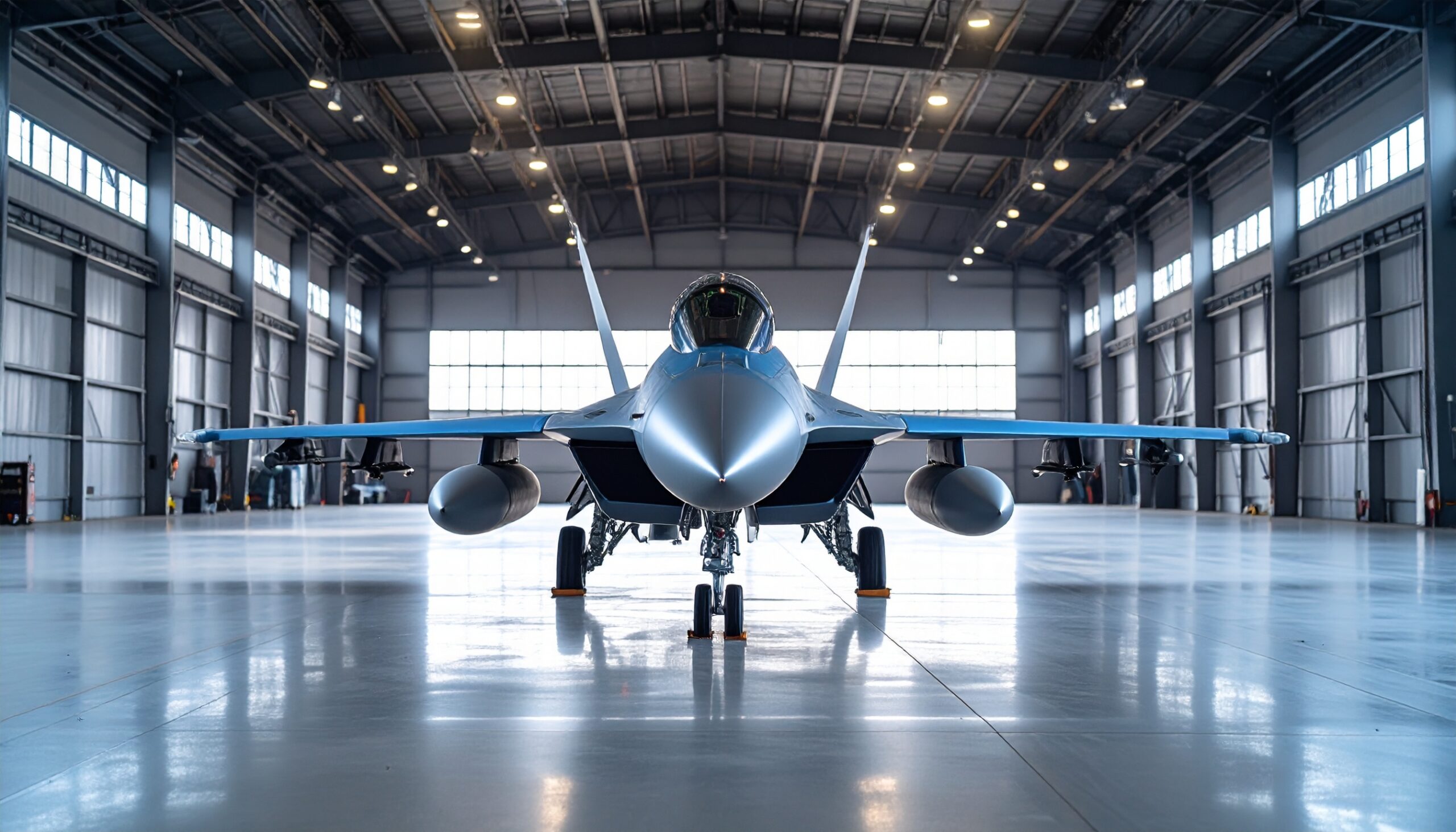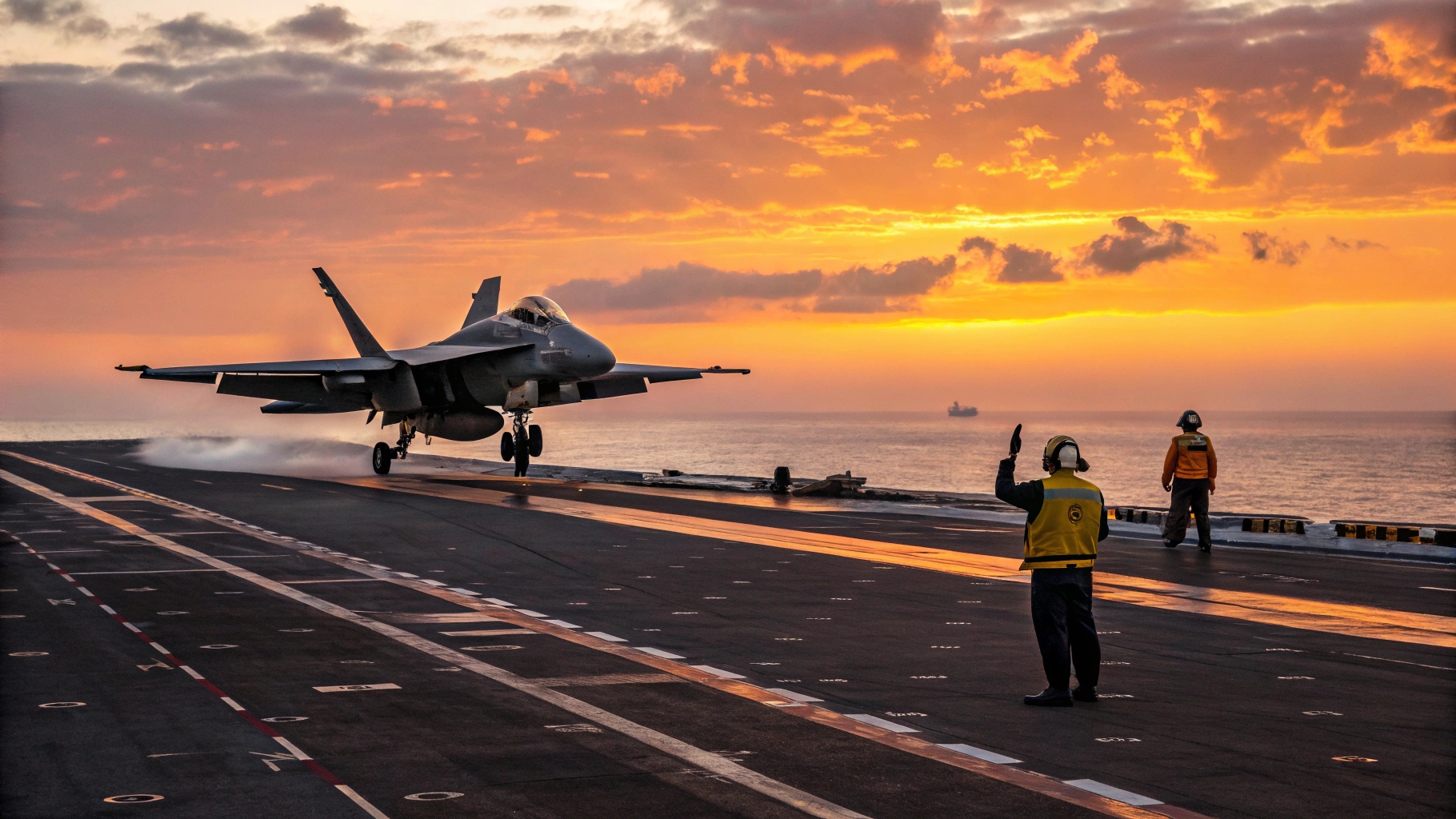
France has reportedly requested an increased role in the Future Combat Air System (FCAS) program, proposing that it receive 80% of the project’s workshare, according to Reuters. This ambitious fighter aircraft initiative—jointly undertaken with Germany and Spain—is estimated to cost over €100 billion ($117 billion USD) and involves key defense industry players such as Dassault Aviation, Airbus, and Indra.
The French government’s proposal has raised concerns within the FCAS alliance, as it could alter the established framework of responsibilities and delay the start of the next development phase, expected to begin later this year. Such a shift would likely require renegotiation of existing intergovernmental agreements and could upset the fragile balance of national contributions and industrial roles.
Germany’s defense ministry responded cautiously, reaffirming that the current agreements remain legally binding, while referring questions about France’s position to the French authorities. Meanwhile, both the French Ministry of Armed Forces and Airbus have declined to comment, although Airbus reiterated its commitment to the program and to maintaining the current terms.
Since FCAS was launched in 2017 by France and Germany—with Spain joining afterward—the project has faced repeated challenges, particularly surrounding issues of technological ownership and equitable division of labor. France’s latest move underscores ongoing tensions over leadership and industrial influence within one of Europe’s most ambitious defense collaborations.


